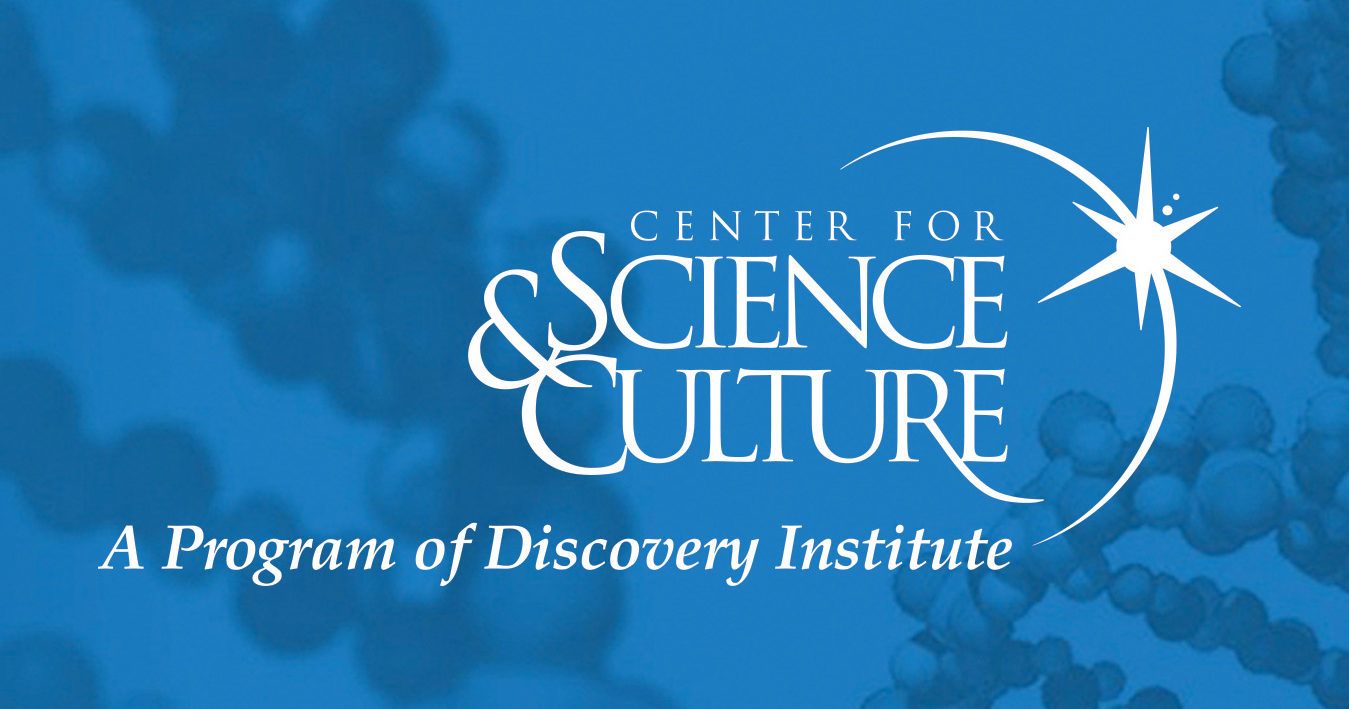Again straight from the author:
"If we understand our own times, we will know that we should affirm the reality of God by challenging the domination of materialism and naturalism in the world of the mind. With the assistance of many friends, I have developed a strategy for doing this... We call our strategy the 'wedge' ".
"Our strategy has been to change the subject a bit so that we can get the issue of intelligent design, which really means the reality of God, before the academic world and into the schools."
"The first thing you teach is that the Darwinian theory isn't true. It's falsified by all of the evidence and the logic is terrible. When did you realize that the next question that occurs to you is, well, where might you get the truth? When I preach from the Bible, as I often do at churches and on Sundays, I don't start with Genesis. I start with John 1:1."
Thus, the author himself admits that the purpose of the wedge strategy is to get God - and God-driven creation - into schools, and ban "naturalist materialism" (i.e. science.)



